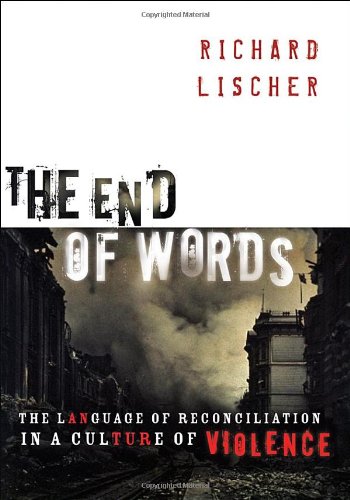 ‘Most ministers were “set apart for the gospel”, as Paul says of himself … The preacher’s vocation was once a kind of circle that began and ended in the word. Whatever it was that made you a minister was aimed at its eventual public expression. The minister’s whole existence was concentrated to a point of declaration. Today, however, the circle has been broken.
‘Most ministers were “set apart for the gospel”, as Paul says of himself … The preacher’s vocation was once a kind of circle that began and ended in the word. Whatever it was that made you a minister was aimed at its eventual public expression. The minister’s whole existence was concentrated to a point of declaration. Today, however, the circle has been broken.
Our culture devalues proclamation while elevating other associated forms of ministry such as counseling or community work …
But the proclamation of the word cannot be professionalized. It has no functional equivalents in secular culture. It cannot be camouflaged among socially useful or acceptable activities. Its passions are utterly nontransferable. The kerygmatic pitch, as Abraham Heschel said of the prophet’s voice, is usually about an octave too high for the rest of society. If you are filling out a job application, see how far it gets you to put under related skills: “I can preach”.
When ministers allow the word of God to be marginalized, they continue to speak, of course, and make generally helpful comments on a variety of issues, but they do so from no center of authority and with no heart of passion. We do our best to meet people’s needs, but without the divine word we can never know enough or be enough, because consumer need is infinite. We are simply there as members of a helping profession. We annex to our ministry the latest thinking in the social sciences and preface our proclamations with phrases like ‘modern psychology tells us,’ forgetting that the word ‘modern’ in such contexts usually indicates that what follows will be approximately one-hundred years out of date. What we lack in specialized knowledge we can only offset in time by making ourselves compulsively available to anyone in need.
I am convinced that no seminarian or candidate sets out to minister with such reduced expectations, and not everyone succumbs to this scenario, but ultimately the marginalization of the word of God fractions it into a hundred lesser duties’.
Richard Lischer, The End of Words: The Language of Reconciliation in a Culture of Violence (The Lyman Beecher Lectures in Preaching). (Grand Rapids/Cambridge: Wm. B. Eerdmans, 2005), 22-24.
[H/T: Kim Fabricius]
Good post, Jason, and something well worth thinking about. But what about the minister who CAN’T preach and never seems to learn the skills?
LikeLike
Are there some skills to preaching? oh dear!
LikeLike
ps: I love the bit about preaching on the cv… it’s true on several levels
LikeLike
Skills required:
1. Being able to open your mouth sufficiently for people to hear the words you’re saying.
2. Having the ability to string more than three words together in a logical order.
3. A willingness to learn and keep on learning.
I’m sure there are a few more…
LikeLike